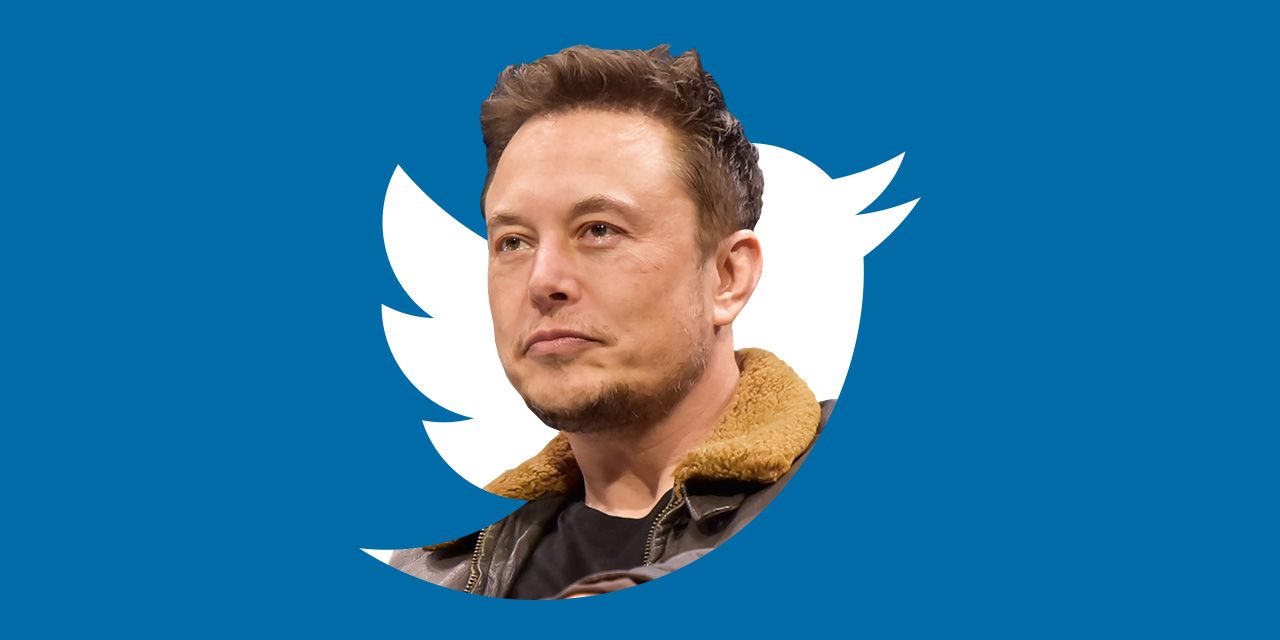Musk Reportedly Plans To Take Twitter Public A Few Years After Acquisition
TOPLINE
Elon Musk has told investors he’s wooing to fund his $44 billion deal to take Twitter private that they may be able to cash out in as few as three years through a public stock offering, the Wall Street Journal reported Tuesday, citing unnamed sources.
KEY FACTS
Twitter’s board has agreed to an offer from Musk of $54.20 a share to take the company private.
While private-equity firms often spend about five years restructuring a company before taking it public once more, Musk’s tentative three-year timeframe could signal he believes he can rapidly reform Twitter to improve its profitability, the Wall Street Journal said.
Since going public in 2013, Twitter has only turned an annual profit in 2018 and 2019, and its growth has failed to meet expectations over the last two quarters.
CONTRA
Musk’s prior track record indicates that a three-year timeframe for taking Twitter public again could be overly optimistic. At Tesla, Musk has repeatedly announced deadlines that the company has failed to meet. Regarding missed production deadlines for the Tesla Model 3, Musk remarked that he is “dumb at predicting dates.”
KEY BACKGROUND
On April 4, Musk announced that he had acquired a 9.2% stake in Twitter, and later that month offered to buy the entire company for $44 billion. The company’s board initially balked at the proposal, but accepted after Musk disclosed he had secured $46.5 billion in financing. This includes a $12.5 billion margin loan against Musk’s stake in Tesla and $13 billion in loans against Twitter. Monday, Reuters and the WSJ have reported that Musk is seeking additional partners in order to reduce how much of the remaining $21 billion would come from the Tesla margin loan or out of Musk’s own pocket, with the WSJ reporting that Apollo Global Management eying joining the deal. The deal between Musk and Twitter includes a $1 billion cancellation fee for either party.
TANGENT
While going public may give a company the opportunity to raise capital, it also creates an obligation to release financial statements to shareholders and the public, with quarterly reporting pressures reducing the leeway executives have with their company.. In 2018, Musk announced that he was considering taking Tesla private, remarking that, as a publicly traded company, Tesla was subject to “wild swings” in stock-price and short-term earnings incentives that distracted from longer-term goals. Less than three weeks later, Musk said that Tesla would remain public, following feedback from shareholders.




